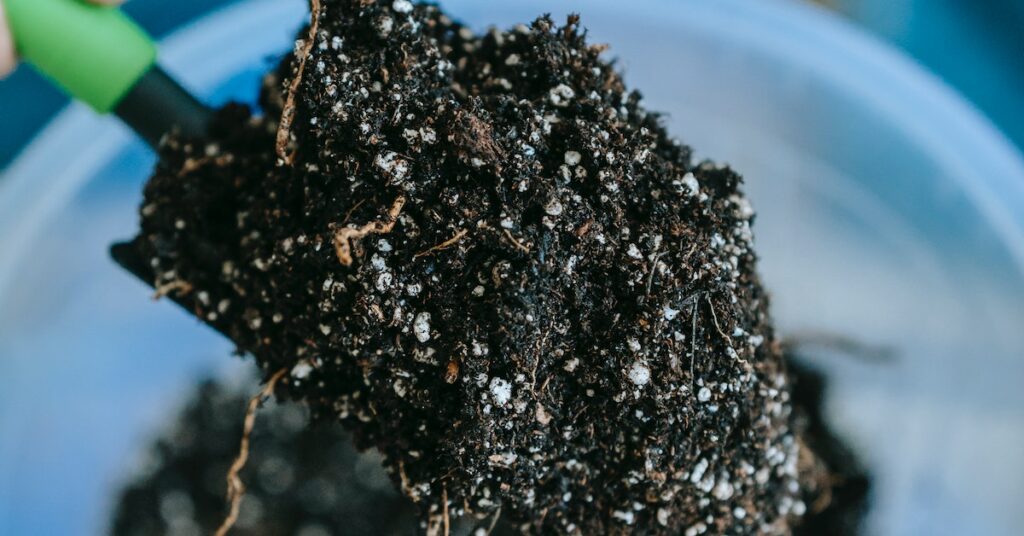A natural fertilizer is a substance that is naturally produced by your plants and soil. It provides nutrients and growth support to your plants. You can use compost, manure, or Lomi dirt. Organic fertilizers can also be made from natural ingredients and can be used in the same way as commercial fertilizers.
Manure
Manure is a natural fertilizer that is highly beneficial to the environment. It contains high levels of essential plant nutrients and contains microorganisms that break down organic matter and release nutrients into the soil. Not only is manure beneficial to plants, but it also improves the overall health of the soil by loosening it and improving drainage.
Manure comes from the decomposing organic matter of animals and plants. This organic material provides the soil with nutrients that plants need to grow and produce more. Using manure on your garden improves the quality of the soil and the yield of your crops. It also prevents the emission of greenhouse gases like methane into the air.
Manure is an excellent source of nutrients, but it is not as potent as synthetic fertilizers. The amount of nutrients available in manure is determined by how it is stored and applied. If it is stored improperly, it may leave your soil with a deficiency in one nutrient while providing a surplus in another.
Moreover, manure can be used in a variety of ways. It can be used in composting systems or for bedding purposes, reducing the need for fossil fuels and preserving the soil’s natural moisture content. It can also be used for energy production, making it a practical option for farmers.
Organic manure is a good source of nutrients for trees. The nutrients in manure are needed for the trees to grow healthy and strong. It also improves soil aeration, aggregation, and compaction and reduces the risk of disease. In addition, manure is rich in beneficial microbes, which aid the plant’s growth. It is beneficial to the soil and plants in many ways, including the growth of trees.
Although manure is a natural fertilizer, it is important to make sure it is of good quality. Some types of manure contain pathogens that can be harmful to humans. It is also important to check where the manure is coming from to avoid contamination.
Lomi dirt
Lomi dirt is a type of natural fertilizer that you can add to your garden soil. It is made of ingredients that would otherwise be thrown away, including food scraps. Lomi dirt is best mixed one part to ten parts other soil, and is suitable for planting any time of year. However, fall is the best time to add it to the soil.
If you live in a city that does not have its own organic compost bin, you can donate your Lomi dirt to community gardens and schools. Just make sure to research the locations beforehand, and check for any rules on donation. It’s also a good idea to look for a place to drop off your food scraps. This way, you’ll be able to avoid making your neighbor’s yard a landfill.
The nutrients in Lomi dirt depend on the materials used for the composting process. It is not possible to say how many nutrients are contained in any given batch, because each batch is different. Nevertheless, lab tests are available to give you an approximate idea. As for the houseplants, you can use Lomi dirt for them if you want to maximize the nutrients in the soil.
If you are not sure whether Lomi is right for you, consider a more traditional method. Unlike electric composters, which require power, a traditional compost pile is powered by the sun. You can also donate to organizations that work toward better waste management. You can also opt to use a compost bin in your home. If you live in an area that is cold, you can also throw food scraps into your compost bin during winter. This way, they can be composted in the spring.
Lomi dirt is a versatile, low-cost solution for composting. It can be used to add to garden soil, compost pile, or city composting program bin. The result is a soil that is rich in nutrients and microbes. The process of converting food waste into dirt is fast and easy, and the end product is a natural fertilizer.


